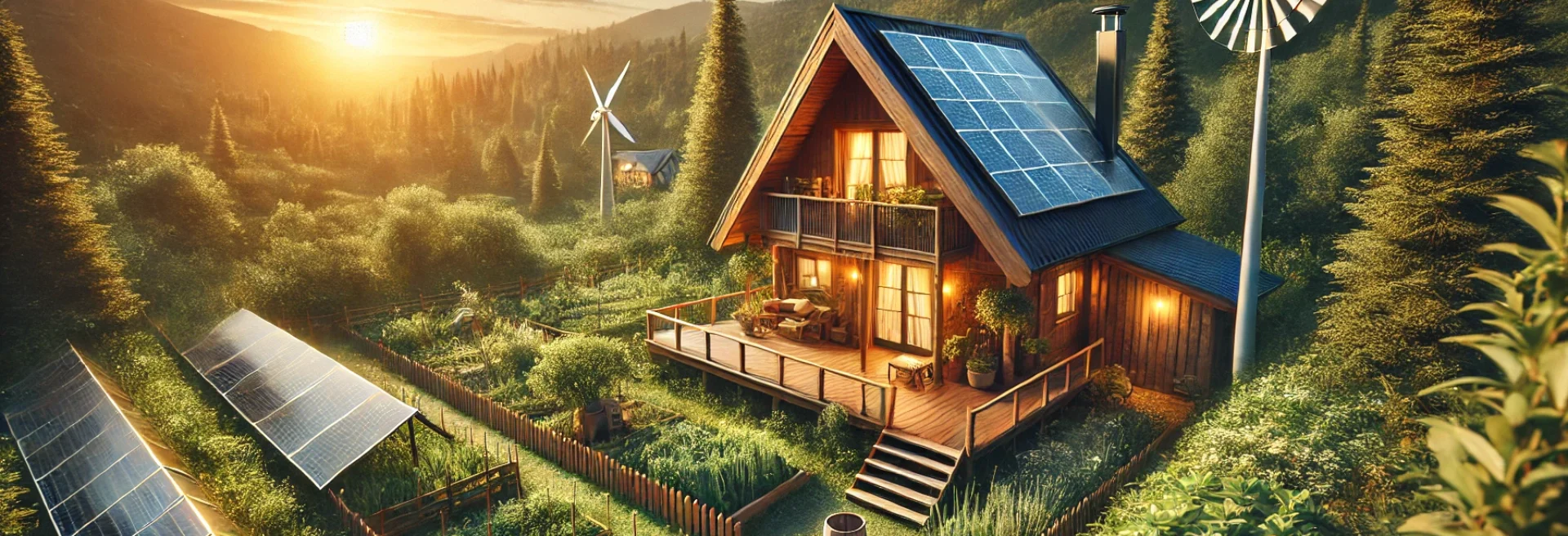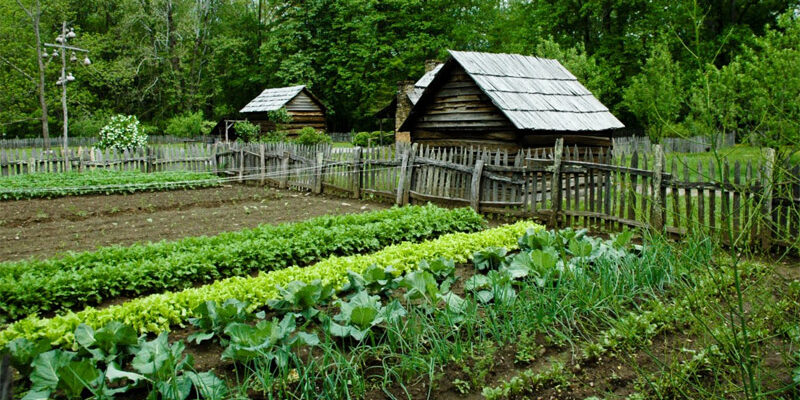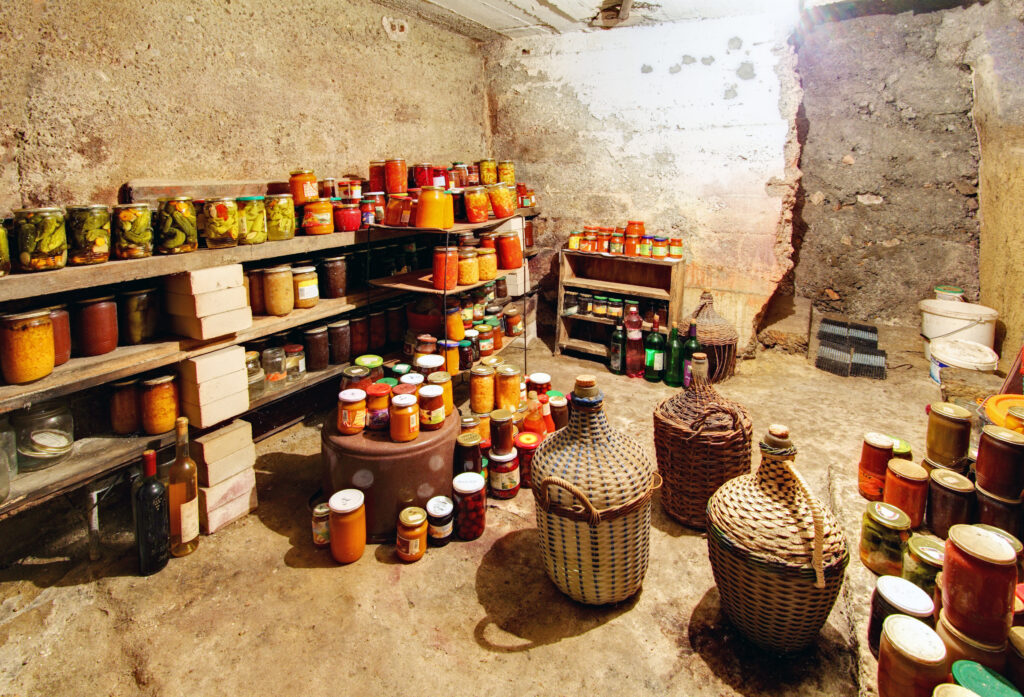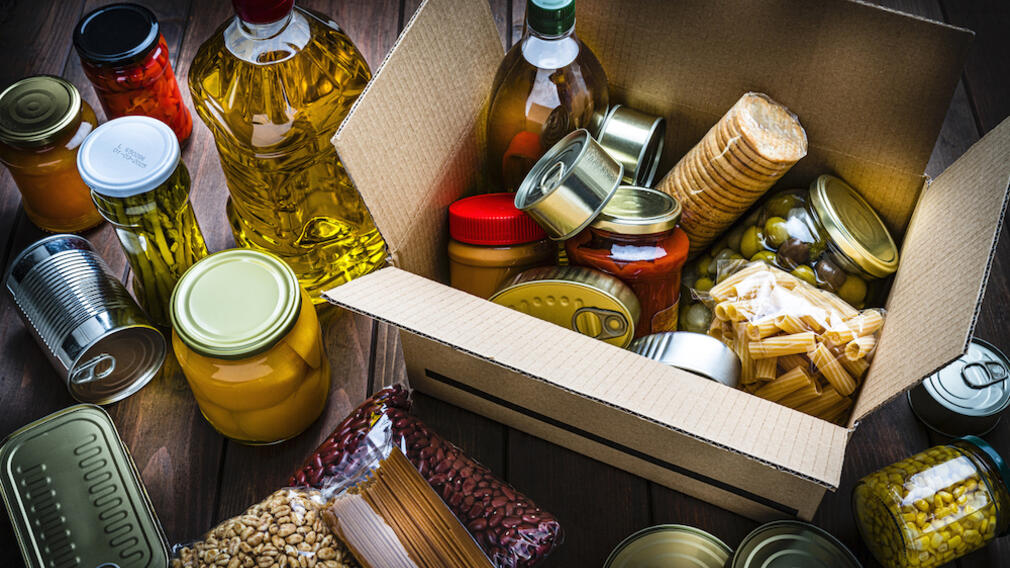How to Grow Your Own Food and Live Off the Land
Off-grid gardening is a gardening technique that relies on renewable sources of energy and minimal external inputs, such as electricity or water. This approach to gardening is becoming increasingly popular among individuals who seek to live self-sufficient lifestyles and reduce their carbon footprint. Off-grid gardening allows you to grow your own food in a sustainable and environmentally conscious way, without relying on traditional power sources.
One of the biggest challenges of off-grid gardening is access to water. Without access to a reliable water source, it can be difficult to maintain a healthy and thriving garden. However, there are several techniques you can use to conserve water and make the most of what you have. One popular technique is rainwater harvesting, which involves collecting rainwater in barrels or tanks and using it to irrigate your plants. You can also reduce your water usage by planting drought-tolerant species, using mulch to retain moisture, and grouping plants with similar water needs together.
Another key element of off-grid gardening is energy efficiency. Traditional gardening methods often rely on electric tools and equipment, which can be costly and contribute to greenhouse gas emissions. In contrast, off-grid gardeners use hand tools and manual labor to minimize their energy usage. This approach not only reduces your environmental impact, but it can also be a great way to get exercise and stay active.
Off-grid gardening also involves growing your own food in a way that is sustainable and eco-friendly. This means using natural fertilizers and pesticides instead of synthetic ones, and choosing plants that are well-suited to your local climate and soil conditions. You can also adopt practices like crop rotation and companion planting to promote healthy soil and prevent pest infestations.
One of the biggest advantages of off-grid gardening is that it can be done anywhere, even in urban environments. You can grow vegetables and herbs in containers on a balcony, or create a rooftop garden with a small greenhouse. With a bit of creativity and resourcefulness, you can create a thriving off-grid garden in even the smallest of spaces.
Overall, off-grid gardening is a rewarding and sustainable way to grow your own food and reduce your carbon footprint. With a focus on water conservation, energy efficiency, and eco-friendly growing practices, anyone can create a thriving off-grid garden that provides fresh, healthy produce for years to come.

Create Your Essential Bug-Out Bag: Guide for Quick Evacuation
A Bug-Out bag is a type of emergency bag that is designed to help individuals evacuate quickly from their home or workplace in the event […]






